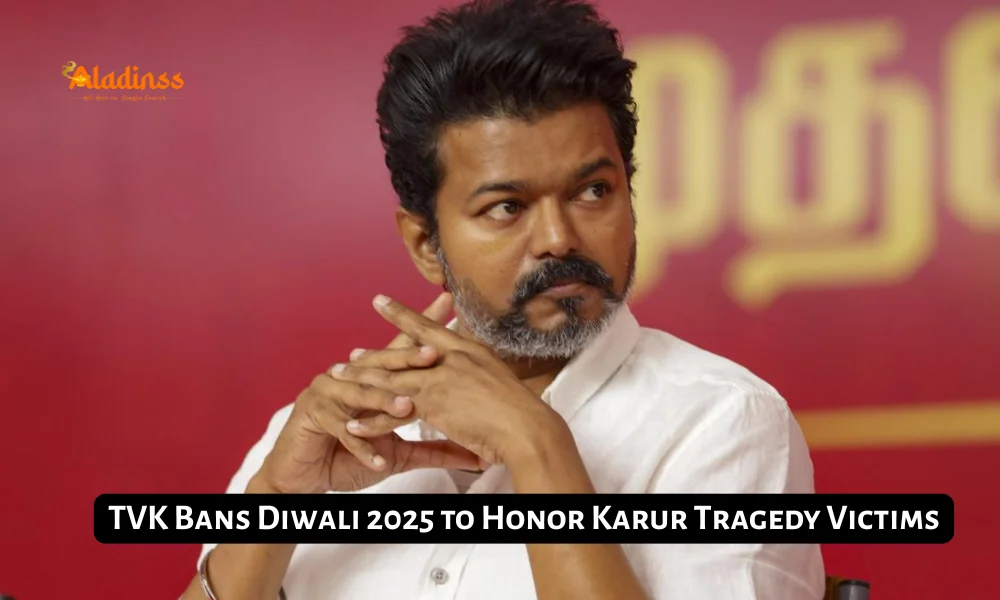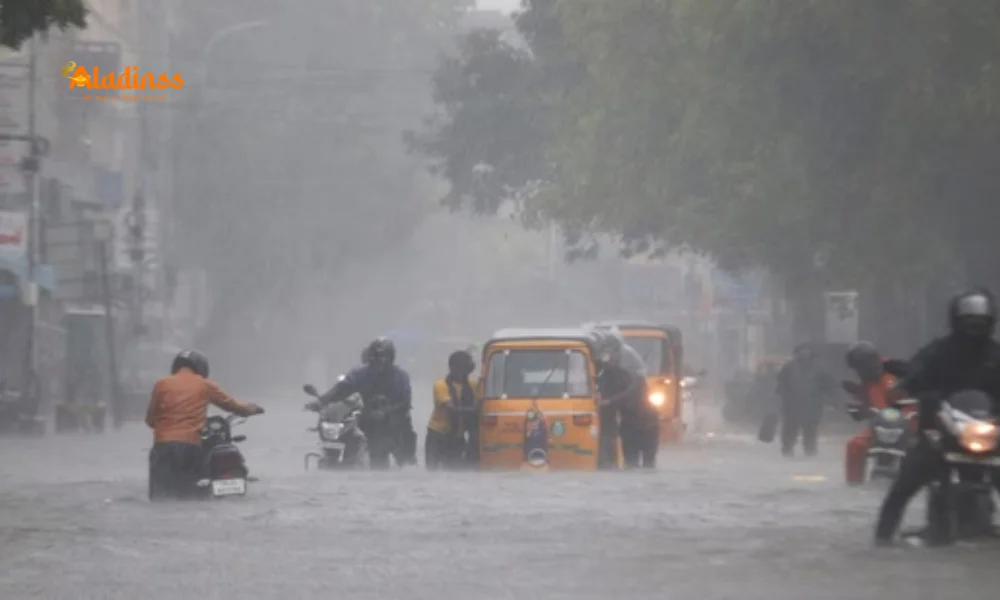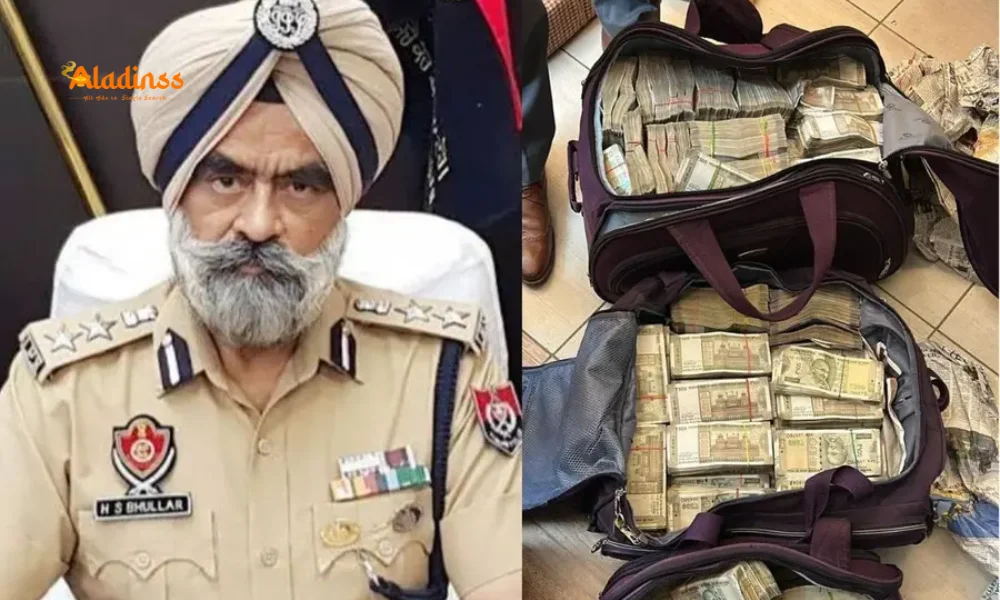M.K. Stalin Takes on Centre’s Chaos Tactics A Bold Political Challenge
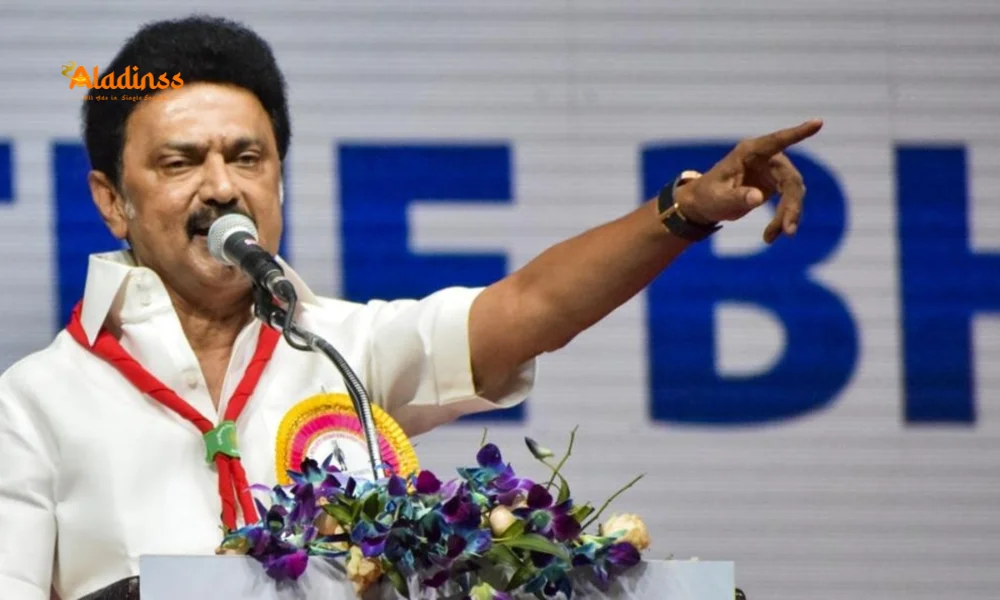
M.K. Stalin’s Fiery Questions to Centre: Why Stir Chaos in Non-BJP States?
Tamil Nadu Chief Minister M.K. Stalin has launched a scathing critique of the central government, accusing it of creating unrest in states governed by non-BJP parties through the actions of governors. In a series of pointed questions shared on his X account, Stalin challenged the Centre’s motives, questioning its policies on governance, cultural imposition, and scientific credibility. His remarks, echoed by State Minister Thangam Thennarasu’s 10 questions to the BJP-led government, highlight growing tensions between Tamil Nadu and the Centre, raising critical issues about federalism, transparency, and fairness.
Stalin’s questions strike at the heart of several controversies, from the alleged misuse of gubernatorial powers to the imposition of Hindi-centric policies and the dismissal of scientific evidence like Tamil Nadu’s Keezhadi archaeological report. The Chief Minister’s outspoken stance has sparked widespread debate, with many questioning whether the Centre will respond with accountability or resort to deflecting criticism through misinformation campaigns. This bold confrontation underscores Tamil Nadu’s resistance to what it perceives as overreach by the central government.
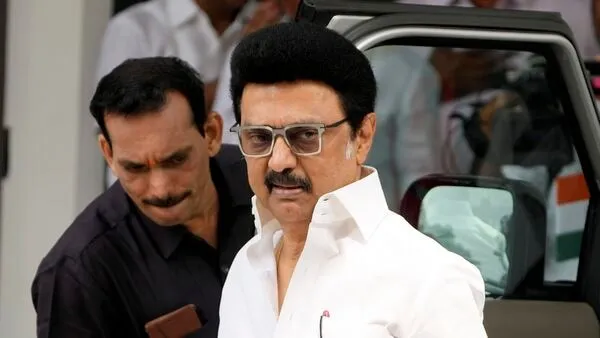
Governors as Agents of Chaos in Non-BJP States
One of M.K. Stalin’s most pointed accusations is directed at the role of governors in states ruled by opposition parties. He questions what the central government hopes to achieve by using governors to disrupt governance in these states. Governors, appointed by the Centre, have often been at the center of controversies, clashing with elected state governments over legislative and administrative matters. Stalin argues that such actions undermine the democratic process, creating unnecessary friction and stalling development in states like Tamil Nadu.
This issue is particularly significant in the context of federalism, a cornerstone of India’s governance structure. By appointing governors who appear to act as political agents rather than neutral constitutional figures, the Centre risks eroding the autonomy of state governments. Stalin’s critique highlights a broader concern among opposition-ruled states, where governors have been accused of overstepping their constitutional roles, delaying bills, and interfering in state policies. This has led to growing calls for reforming the governor’s role to ensure it aligns with democratic principles.
Questioning Alleged Corruption Cover-Ups
In a particularly bold query, Stalin asked how individuals accused of corruption seem to be absolved once they align with the BJP or its allies. Referring to this phenomenon as a “washing machine,” he suggested that political alliances with the ruling party at the Centre often lead to leniency in corruption cases. This accusation resonates with public concerns about transparency and accountability in governance, as several high-profile cases have seen investigations stall or charges dropped after political realignments.
The Chief Minister’s remarks point to a perceived double standard in the enforcement of anti-corruption measures. By raising this issue, Stalin is not only challenging the Centre’s integrity but also appealing to voters who demand fairness and impartiality in the fight against corruption. This critique aligns with broader discussions about the need for independent institutions to investigate and prosecute corruption without political interference.
Cultural Imposition and Hindi-Centric Policies
Another focal point of Stalin’s critique is the Centre’s tendency to name major projects and laws in Hindi or Sanskrit, which he labels as an act of cultural arrogance. This practice, he argues, alienates non-Hindi-speaking states like Tamil Nadu, where linguistic diversity is a source of pride. The imposition of Hindi-centric nomenclature has been a contentious issue, with critics arguing that it disregards India’s rich linguistic heritage and prioritizes one language over others.
Stalin’s comments reflect a broader resistance to what many in Tamil Nadu perceive as an attempt to erode regional identities. By naming projects and laws in Hindi or Sanskrit, the Centre risks alienating large sections of the population, particularly in southern and eastern states. This issue has sparked debates about the balance between national unity and cultural diversity, with Stalin positioning himself as a defender of Tamil Nadu’s linguistic and cultural autonomy.
Dismissing Science and the Keezhadi Report
Stalin also took aim at the Centre’s dismissal of Tamil Nadu’s scientifically validated Keezhadi archaeological report, which establishes the antiquity of iron usage in the region. He questioned why the Centre resorts to “petty arguments” to discredit this report, which has significant implications for understanding Tamil Nadu’s ancient history. The Keezhadi excavations, conducted by the Archaeological Survey of India, have unearthed evidence of a sophisticated urban civilization dating back over 2,500 years, challenging existing narratives about India’s historical timeline.
By rejecting the findings, the Centre risks undermining scientific research and the cultural pride of Tamil Nadu. Stalin’s question highlights a broader issue of selective acceptance of scientific evidence, particularly when it challenges established historiographies. The Chief Minister’s call for accountability on this front underscores the importance of preserving and promoting regional histories within the national framework.
Allegations of Electoral Malpractice
Another critical issue raised by Stalin is the alleged support for vote rigging, which he claims undermines the democratic process. By questioning the Centre’s role in enabling electoral malpractices, he taps into widespread concerns about the integrity of elections in India. Ensuring free and fair elections is a cornerstone of democracy, and Stalin’s remarks highlight the need for transparency and accountability in the electoral system.
These allegations resonate with opposition parties across India, who have repeatedly called for reforms to strengthen the Election Commission’s independence. Stalin’s critique serves as a rallying point for those advocating for electoral integrity, urging the Centre to address these concerns rather than dismissing them as political rhetoric.
Challenging Superstition in Education
Stalin also criticized central ministers for promoting unscientific superstitions, which he argues limits the intellectual growth of children. This critique points to broader concerns about the education system, where the inclusion of unscientific claims in curricula has sparked controversy. By questioning this trend, Stalin positions Tamil Nadu as a champion of rational and scientific education, advocating for policies that prioritize critical thinking over dogma.
This issue is particularly significant in the context of India’s push to become a global knowledge hub. An education system rooted in scientific principles is essential for fostering innovation and progress, and Stalin’s remarks underscore the need to protect students from misinformation. His critique aligns with Tamil Nadu’s long-standing emphasis on education and intellectual development, further strengthening his appeal to the state’s electorate.
Will the Centre Respond?
Stalin concluded his series of questions with a pointed challenge: will the Centre provide answers to these concerns, or will it resort to its “usual false campaigns on WhatsApp University”? This jab refers to the proliferation of misinformation on social media platforms, often attributed to politically motivated campaigns. By framing the Centre’s response in this manner, Stalin underscores the need for substantive dialogue rather than propaganda.
The Chief Minister’s remarks have ignited a firestorm of debate, with supporters praising his courage in confronting the Centre and critics dismissing his questions as political posturing. Regardless of the response, Stalin’s critique has brought critical issues—federalism, corruption, cultural imposition, and scientific integrity—to the forefront of public discourse. As Tamil Nadu continues to assert its rights within the Indian Union, M.K. Stalin’s bold questions serve as a rallying cry for accountability and fairness in governance.
Comment / Reply From
No comments yet. Be the first to comment!

